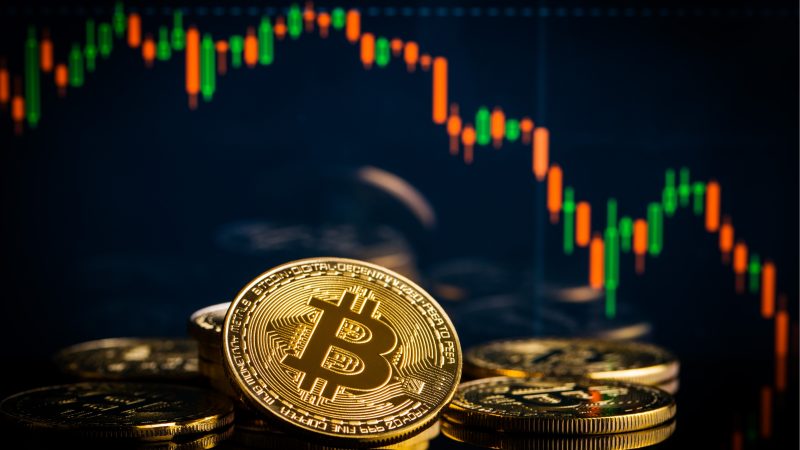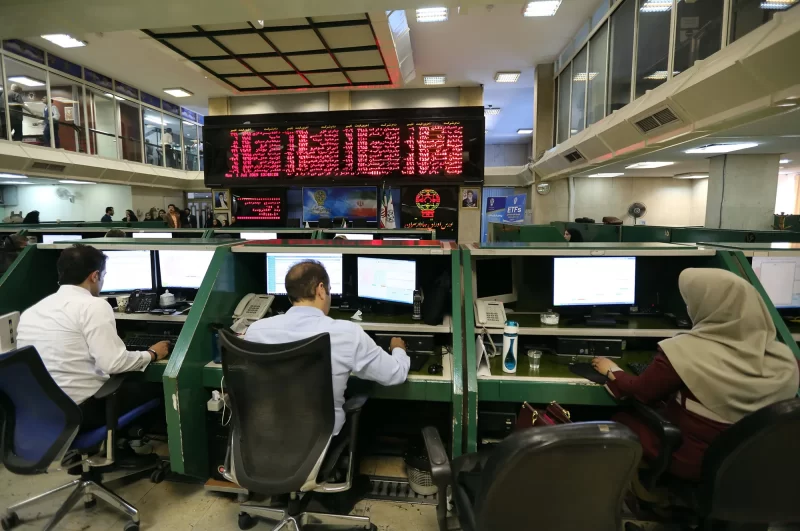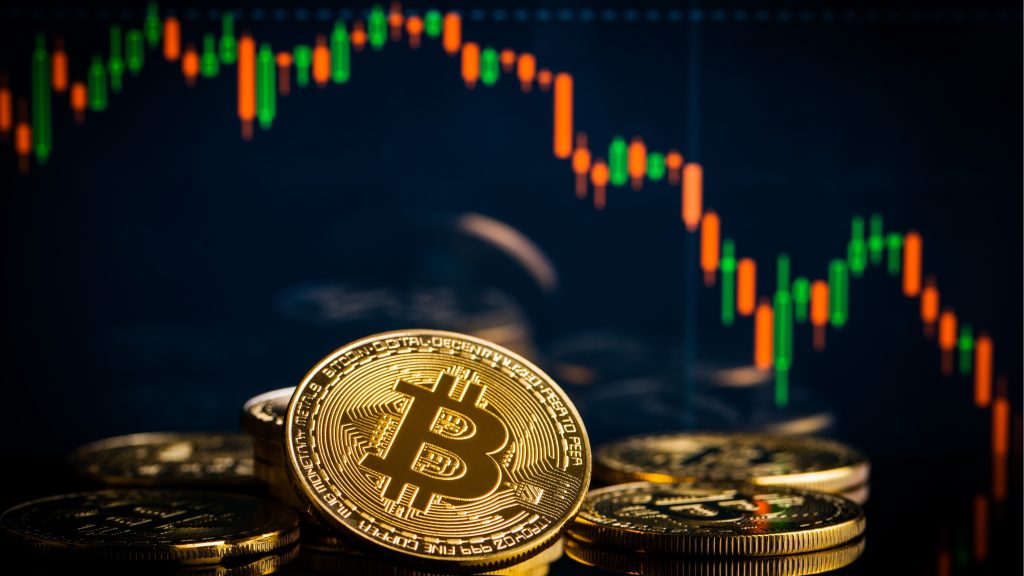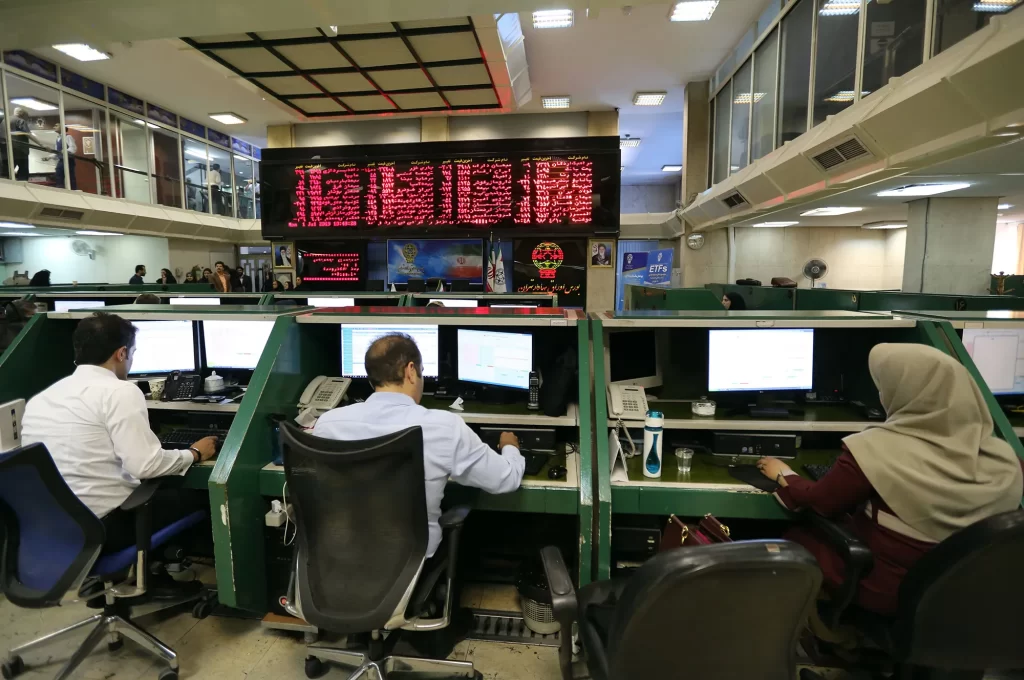The average investor/trader has a lot of options when it comes to choosing what financial instrument to trade/invest in. They can choose to trade options, currencies, stocks, indices, commodities, derivatives, etc.
In this article, we will take you through trading derivatives. You will find answers to questions such as; what are derivatives, how to trade derivatives, and what derivatives are used for.
Contents
- What are derivatives?
- How did derivatives come to be?
- Derivatives Trading
- Types of Derivatives
- Pros and Cons of Trading Derivatives
- Conclusion
- FAQs
What are derivatives?
Derivatives are financial contracts between two or more parties and whose value depends on the value of an underlying asset, asset class, stock, commodity, or benchmark bond . The value/price of a derivative varies and is completely dependent on the underlying asset.
Investors can trade derivatives in an over-the-counter manner. This means that derivatives can be traded via third parties making them decentralized, unlike most financial instruments which are centralized. However, they can still be traded on a centralized exchange.
Derivatives are mostly used to hedge an investor’s risk, increase yield or minimize losses while trading an underlying asset. Since they are a form of leveraging their potential for risk and returns is greater compared to other financial instruments.

To illustrate what a derivative is imagine a trader who buys a specific type of stock every month. He gets into a contract with a stockbroker to allow him to purchase the stock at a predetermined price over the next few months. This contract is said to be a derivative contract and can be exchanged from one party to another.
Also Read: What Are Outstanding Shares?
How did derivatives come to be?
Traditionally derivative contracts were not as popular and diverse as they are today. They were used as a tool for balancing different currencies. This was to facilitate international trade.
To illustrate, imagine a situation where an Australian using the Australian Dollar (AUD) wanted to trade with an American using the US Dollar (USD). Since the US dollar is stronger than the Australian dollar, both parties are vulnerable to the exchange rate risk. Therefore, to mitigate this risk they were required to trade using derivatives.
An independent investor would then purchase a derivative that derived its value from either of the currencies, say the US Dollar. The derivative would derive its value from the higher price of the US Dollar. The two parties could then trade using the said derivative.
Derivatives Trading
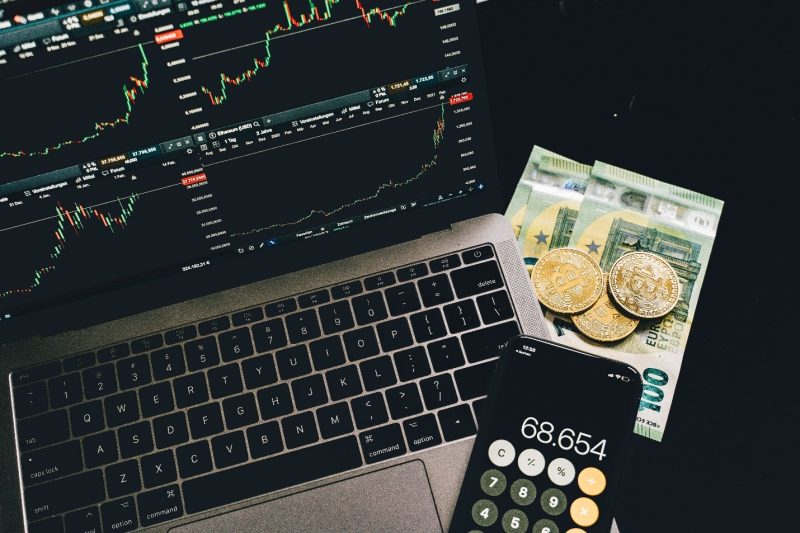
Derivatives trading involves buying and selling derivative contracts. Usually, a trader buys a derivative contract to safeguard a short position while the derivatives seller sells derivatives for long positions. There are two main ways of derivative trading. They include:
1. Leverage Derivative Trading
While leveraging derivatives traders speculate the future value of an asset, they purchase a derivative contract with the hope of making a profit when the future price of the underlying asset performs as speculated.
2. Risk Management Derivative Trading
Risk management when trading derivatives is commonly referred to as hedging. Here traders use derivatives to guard against short-term price fluctuations for longer-term positions. For example, a trader may buy a premium option to safeguard their short-term stocks against price movements (increase in this case).
Derivatives trading usually takes place in a derivatives market. A derivatives market is a platform that allows market participants to purchase and sell various types of derivatives. It is a significant part of the overall financial markets.
Types of Derivatives
There are two major types of derivatives:
- Derivative contracts with the right to buy or sell an underlying asset. These are mostly known as rights contracts. A good example would be an options contract.
- Derivative contracts with the obligation/duty to sell an underlying asset at a specific strike point and specific time. These are mostly referred to as obligation derivatives. Good examples are futures contracts and swaps contracts.
1. Futures Contracts
A futures derivatives contract is an agreement between two parties guaranteed by certain conditions. Usually, these conditions are that one party will sell a certain underlying asset at a future set date and contract price. In some cases, they may contain more conditions such as quantity, quality, and location/platform.
Parties involved to a futures derivatives contract are bound to fulfill the conditions stipulated in the contract without fail. This may be an obligation to buy a certain commodity, currency, option, index at a specific price and expiration date.
To illustrate, take company X which sells wood, and company Y which manufactures paper. Company X sells wood which is a raw material that company Y uses. Assume Company X sells wood at $1 per foot. Company Y speculates that the price of wood will be increasing in the next six months. Therefore, company Y buys a futures contract to purchase wood a $1 per foot for the next year. By doing so company Y hedges against their risk as company X is obligated to sell them the wood at $1 per foot regardless of the price of wood. Assuming that the price of wood rises to $1.2 per foot, company X still has to sell the wood to company Y at $1. If company Y was to decide that they no longer needed the wood before the year ends, they can sell the derivatives contract to company Z and keep the profits.
In the above illustration, both company Y and the derivatives seller hedge their risk. Company Y made sure that in case they needed wood for the rest of the year, they would still get it for the same price. The derivatives seller, on the other hand, hedge risk by ensuring that even if the price of wood was to fall, they would be able to sell it at $1 per foot. They could be a wood processing company.
However, in some cases, both parties to a futures exchange contract are speculators with different opinions on the price action of a certain commodity. In such a situation one party will profit from the contract while the other party will suffer a loss.
2. Options Derivatives
An options contract is an agreement that gives the buyer the right to buy and sell the underlying security. It is almost similar to a futures contract but differs only because here the buyer has the opportunity but not the obligation to fulfill the agreement to buy or sell the underlying financial asset.
Options contracts only guarantee to the buyer that they have an opportunity to buy or sell the underlying asset on or before the designated future date. Options allow the buyer the right to bur or sell the underlying stock at a specified price. This price is commonly referred to as the strike price.
To illustrate, assume trader X has bought 500 shares of stock in company Y. At the time of purchase, each share is worth about $100. Due to a change in leadership of company Y, the trader assumes that the shares will increase in value. However, the trader has been wrong in the past and he decides to hedge his shares to manage risk. The trader will then buy a put option that allows him to sell each share at $100 within a set timeframe
If the value of the stock falls to about $80 per share before the set time frame expires, the trader can choose to sell the shares at the original price of $100. In such an instance the trader will only lose the cost of the derivative of the option. This is a much less loss compared to the loss he would have incurred had he not purchased the put option.
Another trader, say a trader Z, could believe that the stock price of company Y above would increase in value. Trader Z could decide to purchase a call option which would give him the right to purchase the stock at the original price of $100 before the expiry of the set timeframe. If the stock price was to increase to $120 per share, trader Z would have the opportunity to purchase $120 worth of shares at only $100 each.
From the two illustrations above, you notice that in any case the derivatives seller is obligated to fulfill the contract but only if the buyer decides to exercise their rights as per the options derivatives contract.
3. Swaps Derivatives
A swaps derivatives contract serves to enable the exchange of different assets. The most popular types of swaps are currency swaps, interest rate swaps, credit default swaps, and commodity derivatives swaps.
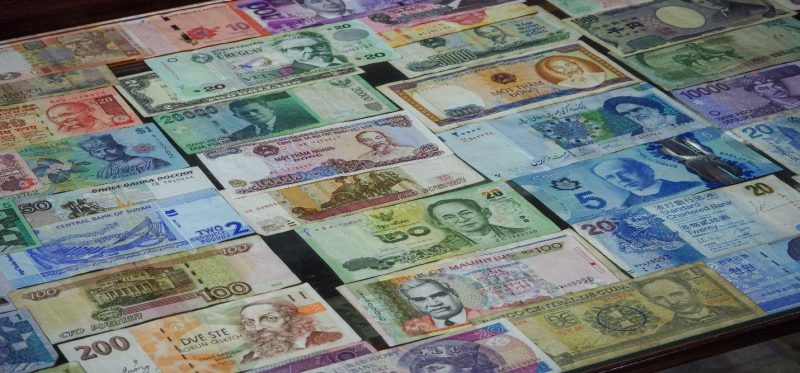
To illustrate what swaps derivatives contracts are assume that Company A takes a loan of $50,000 and is required to pay a variable interest rate on the loan that is currently 4%. A then realizes that due to a policy change the interest rate for their loan may increase, hence increasing their cost of credit. To manage risk of potential loss they decide to create a swap with Company B. Company B is willing to exchange the payments owed on the variable-rate loan for the payments owed on a fixed-rate loan of 5%.
This means that A will pay 5% to B on its $50,000 principal, and Company B will pay Company A 4% interest on the same principle. At the beginning of the swap, Company A will just pay Company B the 1% difference between the two exchange rates.
However much the interest rates change, the goal of the swaps derivative contract is to turn the variable interest loan into a fixed interest rate loan.
4. Forwards Derivatives
Forwards contracts are a variation of futures contracts. The key difference is that a forward derivative can only be traded over the counter.
Usually, forward contracts are decentralized and are not subject to any trading regulations. For this reason, they have a huge financial risk of default by one party. This is known as counterparty risk. If the case that one party is unable to fulfill their obligation for whatever reason the other party suffers loss.
However, parties always have the option to sell these derivatives to a third party. As more people get involved in one contract the chance of counterparty risk increases.
Pros and Cons of Trading Derivatives
Pros
Derivatives have various uses that enable you as a trader/investor to diversify or safeguard your portfolio. The following the some of the advantages of trading derivatives;
- You can use futures derivatives to lock in prices for an underlying asset especially when you expect that the price of the underlying asset will go up. This is very useful for investors as they save much on capital.
- Options derivatives are useful in minimizing financial risk. This allows you as an investor to hold on to a short position for a long as possible and either make a good profit or simply lose the cost of the derivative.
Cons
Derivatives trading is not as popular even among traders. This is because it is not for everyone. The following are some of the factors that make derivatives less reliable as a daily investment. They include:
- Derivative trading has a high market volatility. To be able to successfully trade derivatives as an average trader you need to have prior trading knowledge and experience. They are not the best financial markets, especially for beginners.
- Derivatives, especially options derivatives and swaps derivatives are complex to understand. This makes them difficult to trade for the average investor.
Conclusion
Trading derivatives is a lucrative way of growing your portfolio, safeguarding yourself from dipping prices, and diversifying your assets. The most common way that average traders do this is by trading exchange-traded derivatives (also known as exchange-traded funds) and mutual funds. These two are investment funds that represent various underlying securities and are pretty straightforward for the average investor.
Due to the high-risks involved while trading derivatives it is important to make sure you understand exactly how it works before investing all your money in various derivatives. Financial advisors state that derivatives trading should be left to professionals and trading firms, as they have the required expertise.
Also Read: How To Trade Spot Rate
FAQs
Is derivative trading profitable?
Yes, for the right, smart, and knowledgeable investor derivatives trading can be a lucrative experience. However, most people lose their hard-earned cash because they enter the derivatives trading space with no experience. To make derivative trading profitable, first, seek to understand the key concepts that drive the derivatives market.
Are derivatives regulated?
Some types of derivatives such as futures and options are regulated by the Security Exchange Commission (SEC) and the Commodities Futures Trading Commission (CFTC). However, other derivatives such as forwards are completely over-the-counter (OTC) and hence completely unregulated. This is because they are mostly made in private and not in the public eye as compared to futures, options, and swaps.
How do you trade derivatives in stocks?
Derivative Contracts may begin with monetary remits despite a low margin and require additional liquidity due to fluctuations in shares on trades. It will always happen when the stock market price has changed based on margins, in particular.



